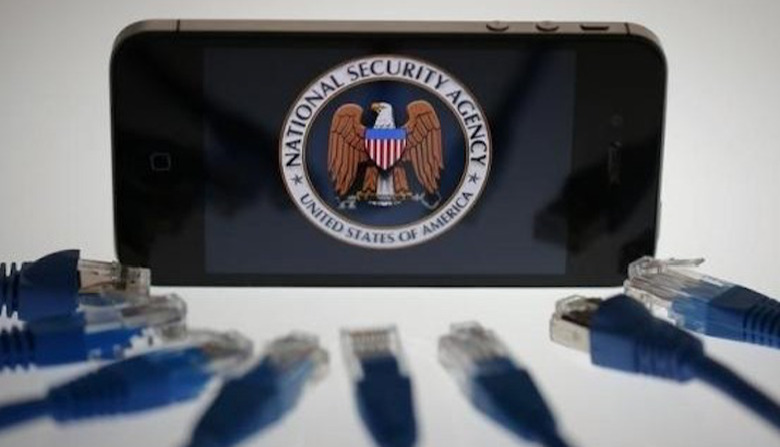Experts Agree: Congress's 'Braindead' Anti-Encryption Bill Is Unspeakably Bad
A few days ago, a first draft of an anti-encryption bill from Senators Richard Burr (R-NC) and Dianne Feinstein (D-CA) came to light and it drew an instant backlash from security experts. The law is apparently so bad that not only would it make the some of the NSA's own work illegal, but it would also outlaw some of the things we've taken for granted for years, such as the ability to compress large files to share them online.
DON'T MISS: HTC 10 review: An exciting new flagship phone that's better in every way
The Compliance with Court Orders Act of 2016 draft was met with sharp criticism, The Register reports. More than 45,000 people already signed a petition from CREDO Action for the bill to be withdrawn.
"This is the most braindead piece of legislation I've ever seen," encryption expert Bruce Schneier told The Register. "The person who wrote this either has no idea how technology works or just doesn't care."
He said that the bill would make most of the NSA's work illegal unless the agency is willing to bake backdoors into its encrypted communications.
The cryptography expert also added that simple products such as data compression algorithms could be banned under the new law. Files that can't be decrypted on demand, or decompressed to their original state, look the same to the law, the site points out.
Furthermore, online data that gets deleted might also be subject to this law, which means internet companies should find ways to retrieve all deleted information if deemed necessary.
"We have serious concerns with the proposal released today because it effectively puts limits on data security and we are concerned it would ultimately undermine security, innovation, and public safety," Business Software Alliance president Victoria Espinel said. "We believe this bill would stunt the development and use of security technologies such as encryption, both today and into the future."
